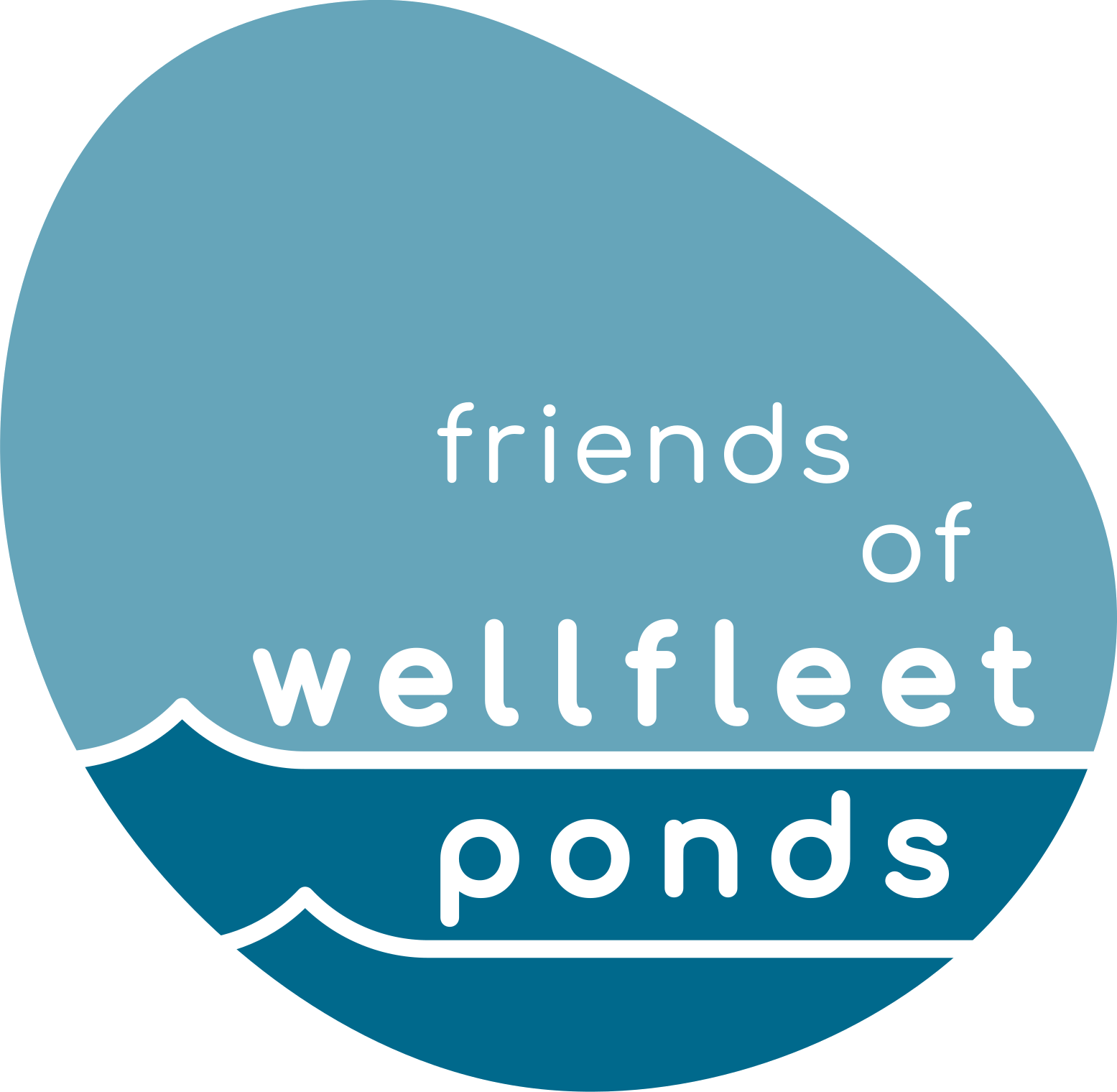TOWN OF WELLFLEET
Natural Resources Advisory Board
Among the responsibilities of the board: “The identification of the natural resources within the Town of significant importance —vistas, wildlife habitats, recreational open spaces, areas of special beauty, rarity, or historic interest, fauna and flora, especially endangered species, etc.—and appropriate action as may be possible to preserve and protect these resources.” wellfleet-ma.gov
Wellfleet Natural Resources Advisory Board Pond Management Plan (Draft 2024)
“Wellfleet’s ponds are among the last remaining pristine bodies of freshwater on Cape Cod. Like many other ponds on the Cape, they face significant threats from the unprecedented rise in water and air temperatures, exacerbated by increasing nutrient inputs from human activities in and around the ponds. These inputs contribute to higher levels of nitrogen and phosphorous, which feed the growth of invasive plants and toxic algae, jeopardizing the health of the ponds.
In response to these pressing challenges, the Wellfleet Natural Resources Advisory Board (NRAB) has developed a comprehensive Draft Plan, which it submitted to the Select Board on August 6, 2024. The Draft Plan’s primary objective is to preserve the natural health of the ponds over the next decade while preventing the acceleration of the natural eutrophication process.” wellfleet-ma.gov
Given the recent 2025 changes/reduction in funding to the National Park Service, the NRAB and Town of Wellfleet have organized interim emergency funding for testing of the pond water quality through April 2026. The longer term implications for the Cape Cod National Seashore Park water testing and pond management are part of on-going work by the NRAB and FWP.
MASSACHUSETTS STATE LEGISLATION
Cape Cod Commission Act
“The Cape Cod Commission Act was signed by Governor Michael S. Dukakis in January 1990 and ratified through a county-wide ballot in March 1990. The Act identifies the region as possessing unique natural, coastal, scientific, historical, cultural, architectural, archaeological, recreational, and other values that are threatened and may be irreparably damaged by uncoordinated or inappropriate uses of the region’s land and other resources. The Act charges the Commission with protecting, preserving, and enhancing these unique values.” capecodcommission.org
Cape Cod Commission
The Cape Cod Commission guides land use planning, economic development, and the regulation of development proposals for Barnstable County. capecodcomission.org
- Cape Cod Pond and Lake Atlas (2003; 2022) “The updated Atlas examines the Cape’s freshwater bodies, covering pond ecology, water quality, and strategies to restore pond health.” capecodcommission.org
- Freshwater Initiative (2025) “Through this initiative, the Cape Cod Commission and its partners analyzed available monitoring data, assessed the overall health of Cape Cod’s ponds and lakes, identified regional trends in water quality, and evaluated the impact of these critical resources on the region’s economy. This effort is informed by the 2021 Cape Cod Pond and Lake Atlas and will define a path forward for improving freshwater quality across the region.” capecodcommission.org
FEDERAL LEGISLATION
Public Law 87-126 Cape Cod National Seashore Act, August 7, 1961
An act to provide for the establishment of Cape Cod National Seashore. congress.gov
Cape Cod National Seashore
Cape Cod National Seashore is part of the national park system. “Congress recognized that the Outer Beach of the Cape Cod peninsula was nationally significant for ecological, historical, and cultural reasons. The variety of Cape Cod’s resources, and the many ways in which people experience these resources, are the key to its charm. But protecting the resources and at the same time providing for their continued use present significant challenges for all residents and land managers on the Cape.” nps.gov
The Clean Water Act (1972)
The Clean Water Act (CWA) establishes the basic structure for regulating discharges of pollutants into the waters of the United States and regulating quality standards for surface waters. The basis of the CWA was enacted in 1948 and was called the Federal Water Pollution Control Act, but the Act was significantly reorganized and expanded in 1972. “Clean Water Act” became the Act’s common name with amendments in 1972. epa.gov
